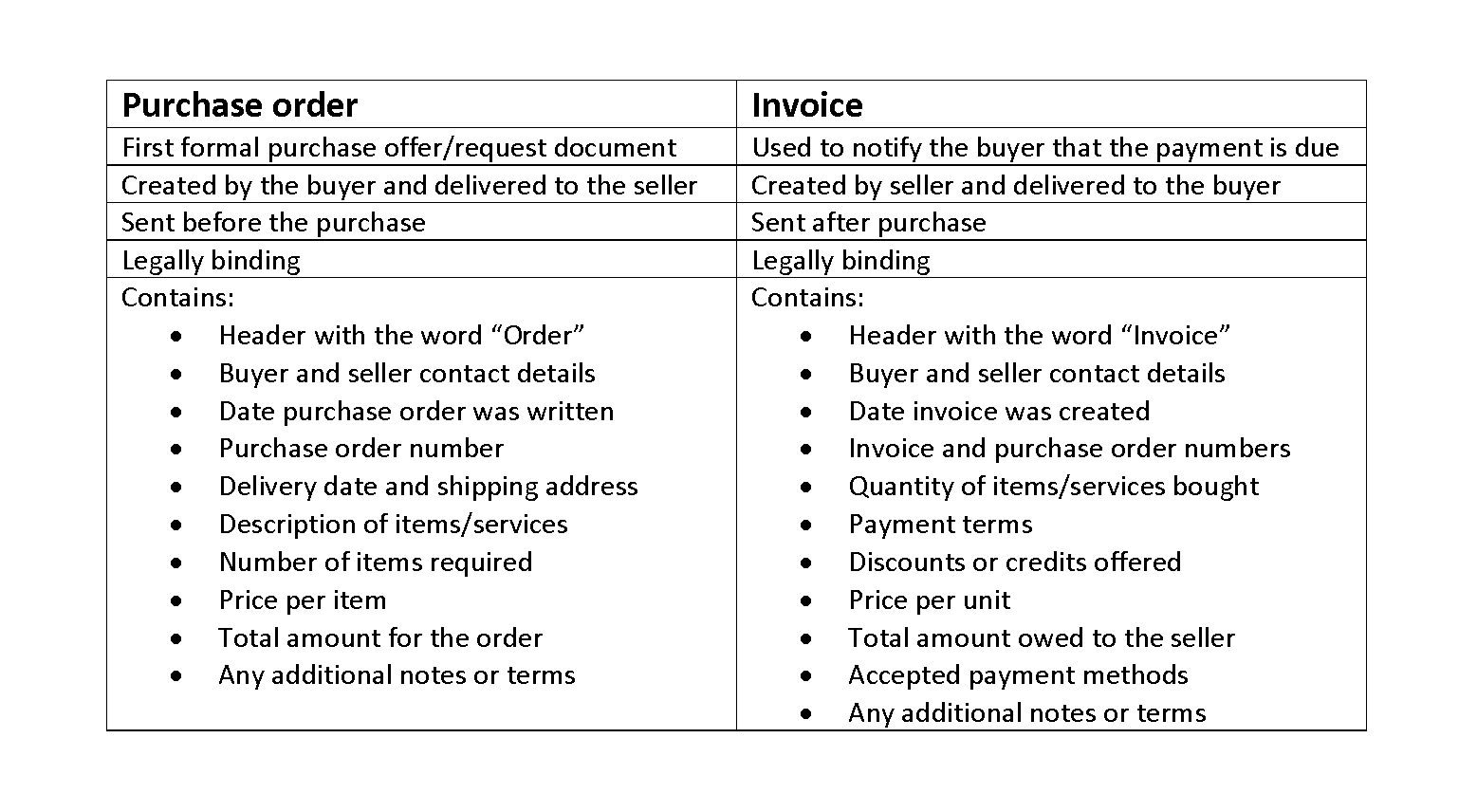News
Crypto vs wire transfers: Which is better to send money internationally?
- February 10, 2025
- Posted by: admin
- Category: Bookkeeping

However, the direct bank-to-bank nature of wire transfers often makes them more secure, reducing the risk of interception. Because understanding the distinction between them is essential for navigating financial transactions effectively. With that in mind, we will cover everything from the differences between electronic and wire transfers to how they work.

Are wire transfers faster than EFTs?
Your domestic bank works with partner banks in other countries to complete the transfer. When you need to send money to family abroad or pay for international business, you face a trade-off between convenience and cost. Cryptocurrency platforms promise near-instant transfers for a fraction of the price.
Even More Options for Fund Transfers
Additionally, be wary of phishing scams and never share your banking information with unknown parties. This method is ledger account often used for large, time-sensitive transfers, both domestically and internationally. Understanding the differences between wire payments and EFT is essential for making informed decisions about transferring funds.
Help Me Streamline My Payment Process

This method allows individuals, businesses, and institutions to transfer funds quickly and securely without needing physical Interior Design Bookkeeping checks or cash transactions. In the world of business and finance, terms like “electronic transfer” and “wire transfer” are commonly used. Both refer to methods of transferring money electronically between accounts. But do you understand the difference between electronic and wire transfers? Security and convenience are paramount considerations when choosing between EFTs and wire transfers. While wire transfers excel in terms of security and expedited transfers, EFTs provide a user-friendly and accessible platform for day-to-day financial transactions.

If you’re sending money within the U.S., the payment is sent and settled almost in real-time. Funds can be transferred electronically from one bank account to another using a secure network, which is often the SWIFT network of international transactions. Wire transfers are typically utilized for transactions that are both time-sensitive and of significant value.
Remember, the right choice depends on the specifics of your transaction. Consider the factors we’ve discussed, and you’ll be well on your way to mastering the art of digital fund transfers. If you need to move money quickly, especially internationally, a wire transfer is your best bet. Whether a wire or an EFT is better for you will depend on the specific transaction you need to make.
However, for routine transactions where speed is not a critical factor, EFTs offer a convenient and cost-effective alternative. Once you’ve decided how you want to transfer your money, you’ll need to make sure your account is set up correctly for the transaction. Once you’ve saved your instructions, you can start a transferLog In Required. Keep in mind, you’ll need different information depending on whether you choose EFT or bank wire to transfer money to your Fidelity account. An electronic funds transfer (EFT) is a digital transfer of money from one account to another.
- It is then the responsibility of the receiver’s bank to verify the data and collect the payment.
- Financial institutions may charge a flat fee or a percentage of the transferred amount for wire transfer services.
- It’s crucial to ensure that you’re sending funds to a trusted recipient and to monitor your accounts for any unauthorized transactions.
- Before making a decision, research the options available to ensure that your chosen method meets your needs in terms of cost, speed, and convenience.
- Funds can often be transferred and available within the same day, making wires an excellent option for urgent or time-sensitive transactions.
- In summary, wire transfers offer speed, security, and a reliable method for international or large domestic transfers.
- They also tend to have lower fees compared to other methods, making them cost-effective for both businesses and individuals.
It’s essential to be aware of these limits to ensure your transfer amount falls within the acceptable range for each method. As you consider the benefits of EFT and bank wire for your business transactions, Nadapayments offers a seamless merchant services solution that complements your financial operations. When it comes to transferring money, the digital age offers a plethora of options. Among the most commonly used are Bank Wire Transfers wire vs eft and Electronic Funds Transfers (EFT). While both serve the same primary purpose—moving funds from one account to another—they operate under different mechanisms, timelines, and costs. This article aims to demystify these two methods, helping you make an informed decision based on your financial needs.

Choosing Between Wire Transfer and EFT
- Financial institutions employ robust security protocols to safeguard customer information and prevent unauthorized access.
- However, they are generally more expensive and rely on banking infrastructure, making them less suitable for everyday transactions.
- Deciding whether to use a bank wire transfer or an EFT depends on several factors, including the urgency of the transfer, the amount, the destination, and the costs involved.
- Choosing between EFTs and wire transfers depends on specific needs and preferences rather than one being universally better than the other.
- Banks and financial institutions employ various security measures to protect EFT transactions from fraud and unauthorized access.
Problems with international transfers can take weeks to fix, and good records make the difference. Take screenshots of crypto transactions and print bank transfer confirmations. Crypto moves 24/7, but your recipient might need banking hours to convert it to local currency. Wire transfers provide built-in security through the banking system. Banks verify sender and recipient information, and transfers can often be traced or recalled if issues arise. Most banks offer fraud protection and dispute processes for unauthorized transfers.
